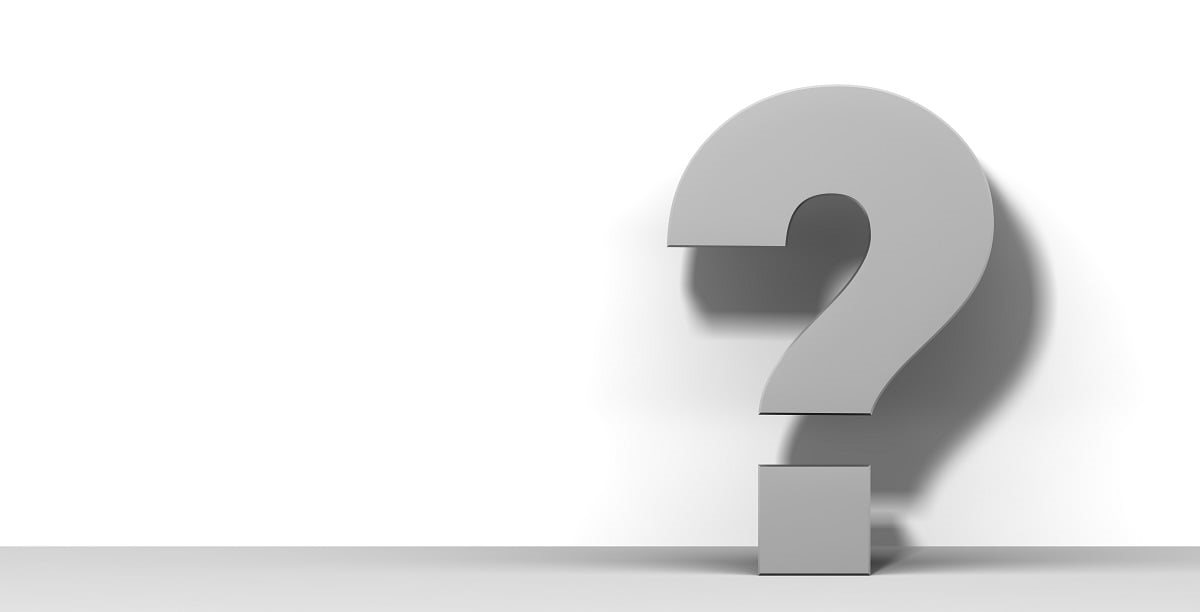Why and How, not Why or How
Here at Affectus we have developed a process to assist you to explore your why. Our observations and research has allowed us to develop a workshop that allows you to find where your passion is and how to weave that into your life so that you can fill as much of your days with what makes you zing.
However, what is why? And is it as important as how?
A recent and insightful conversation helped me resolve this question and I believe it will assist us to not navel-gaze for too long.
Lessons from teaching naughty boys maths.
Many, many years ago my professional life lead me to spend a short (but successful) time teaching in the Victorian secondary school system. I believe that schooling has changed a lot since, however, back then Friday afternoon was always faced with some level of anxiety. And, as a young graduate, Year 8 Maths on a Friday afternoon was akin to a death sentence. I always felt the anxiety build.
I learnt very quickly what to do with these lessons. I filled them with busy (and often mindless) easy photocopied maths sheets and simple mindless quizzes. I didn’t really care very much what the students received during those lessons - it was much more about all of us walking out alive as the final school bell for the week rang. It worked all the time (nearly).
The Lesson
The lesson I learnt was that sometimes people want busy work, but most of the time we want to use our brains. And we are driven by purpose – our purpose.
The difference between busy work and getting on with something is valuable to understand.
Continuing on with the above story of Year 8 Maths. If I had only provided busy work to these terrific young people every time I saw them during the week there would have been a real riot.
The question that constantly smacked me in the face during my three insightful and shaping years as a secondary teacher was
“what is the purpose of this activity?”
And I carried that sense of assisting people to understand purpose with me as I moved towards my leadership consultancy years.
It is all very well to keep everyone busy but wouldn’t it be better for you and me if we could find purpose. And see if it aligns with some or all of our combined skills and passions.
Understanding Your Why
And now to the inevitable of questions.
- Do you know your why?
- What values are essential to you every day?
- What purposeful, meaningful, engaged activities do you love doing?
- What makes you zing when you do it?
- What skills, gifts and talents do you possess?
- What do others say you are good at?
Sometimes the answers to these questions are clear and identifiable? And sometimes we need to take time to respond. Whichever it is it is valuable for us to spend some time considering.
- What do I like doing?
- What am I passionate about?
- What do I know I do well that others reinforce?
It is not always that simple. A younger person I know reasonably well said to me recently “I know I don’t love what I do every day – it is harmless and not totally against my principles, but realistically I need to pay the mortgage.”
I completely understand those sentiments. However, my advice was:
Still make time for what you are passionate about because you may be able to spend all of your time doing that when the financial stress comes off.
Why is Why important?
Just this week I had a conversation with a change management facilitator. He tried to convince me that why wasn’t important. I remain convinced that why is important.
It is important to gain understanding why we have spent our time doing something:
- before
- at the time
- afterwards
Why? Because it helps us identify:
- what next
- what more
- where to from here
Otherwise it is just busy work and we are all back stuck in Year 8 Maths doing what Briggsy told us to. Yuk!
Margie Warrel says
While there’s no one pathway for discovering your life's purpose, there are many ways you can gain deeper insight into yourself, and a larger perspective on what it is that you have to offer the world.
However, I suppose I will concede something. That if we get caught in sorting the why then we may never move onto partaking of the brilliance of what we want to be part of.
What is more important?
So...
Is the “Why I am doing this? Why am I taking this pathway” more important than the “How will I do this? How will I reach the next fork in the path?"?
From my work in leadership, of more than two decades, I think they are both important. And sometimes one comes before the other. Sometimes clarity for both why and how appear simultaneously. And sometimes they occur years and years apart.
My encouragement is to ask yourself if you are in the how (I get this done) stage? And if so, spend a bit of time contemplating why? Understand does your how stage sit along with your values, passions and gifts?
And then ask yourself if you are moving through towards the end of the why (am I doing this) stage? If so, are you are pleased to have clarity that you have found your why?
And, after all that, then get on with the doing.







